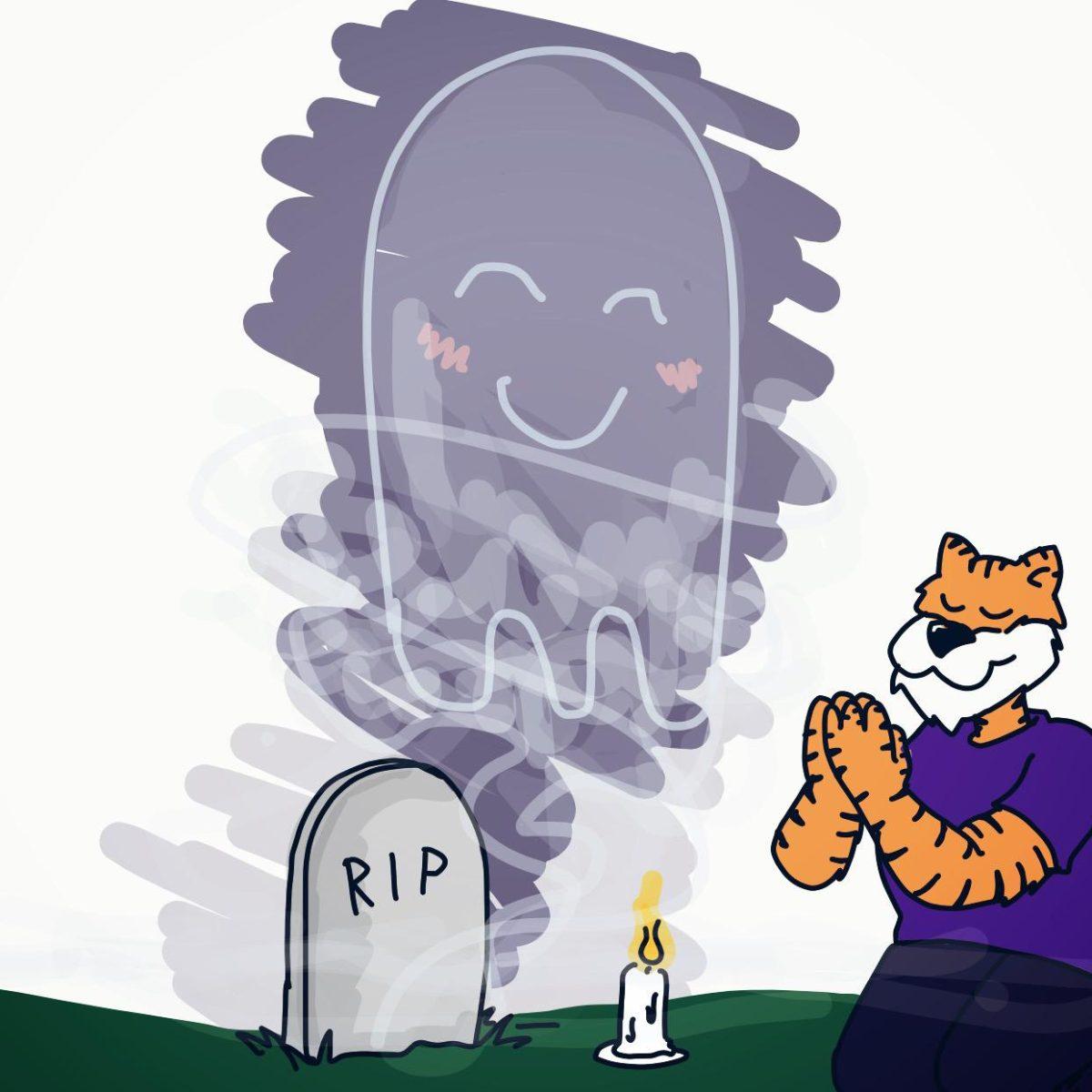Last weekend, my family and I made our annual All Souls’ Day pilgrimage to family tombs across New Orleans. We brought flowers, paid our condolences, and talked through a brief survey of family history.
As I grow older, I am becoming increasingly aware of just how profound and psychologically necessary it is to maintain a tradition like this.
Celebrated every year on Nov. 2, All Souls Day has been a staple of traditional Christian cultures for centuries. It is simply a day set aside for acknowledging our spiritual and historical continuity with the dead.
Americans are probably most familiar with the holiday through its Mexican manifestation known as Día de Los Muertos or “Day of the Dead.” Recently, children’s films like “Coco” and “The Book of Life” seem to have brought the holiday to the forefront of public consciousness.
In New Orleans, where my family still clings to the tradition, All Souls Day has not enjoyed the same vibrant legacy. The holiday has lost its cultural footing.
This is not unique to our local culture. In fact, I’m under the impression that New Orleans is a stronghold for what is left of this quickly dilapidating tradition.
I am sure all would agree that the loss of such an ancient and beautiful tradition is a shame, but will it have actual significant repercussions?
What happens to a culture when it does away with its conventions for acknowledging and processing death?
I have been thinking a lot recently about how the tragedy and loss that has come to define this year has forced our culture to grapple with aspects of the human condition that it would otherwise push to the side.
Modern American life is a generally privileged one. The wonders of contemporary science and technology have, for better or worse, kept the worst parts of human life out of sight, and ultimately out of mind.
Illness, aging and suffering, as if a mess to be mopped up, has in large been shoved to the periphery of society. These inescapable specters of humanity lurk behind closed doors and thick walls. They have been exiled to hospitals, nursing homes and prisons; places where death can be compartmentalized and contextualized without being dealt with directly.
This all seemed to change when 2020 let loose a frenzy of natural disasters and civil unrest. Suddenly, the worst aspects of human life and nature were no longer locked away. They were at our doorstep.
If anything, such a year has proven why traditions like All Souls Day are so vital.
Growing up visiting family tombs every year, I was forced to confront my mortality in a very unique and visceral way. There is something indescribably spine-tingling about visiting the place your own body might be buried someday.
It sounds morbid, but in many ways, that’s exactly the point.
You honor the lives of those who came before you — and realize, quite soberingly, that someone will one day see you in the same light. In that moment, you have no choice but to put everything into perspective. The blunt reality of it is arresting.
Evan Leonhard is a 20-year-old English and Philosophy junior from New Orleans.
Opinion: All Souls Day deserves a cultural renaissance
November 7, 2020
Souls Day





